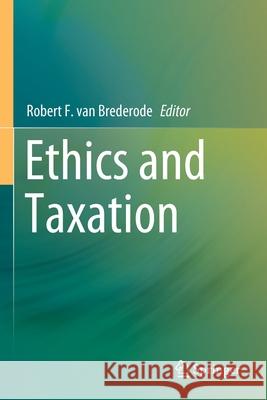Ethics and Taxation » książka
topmenu
Ethics and Taxation
ISBN-13: 9789811500916 / Angielski / Miękka / 2020 / 412 str.
Ethics and Taxation
ISBN-13: 9789811500916 / Angielski / Miękka / 2020 / 412 str.
cena 724,58
(netto: 690,08 VAT: 5%)
Najniższa cena z 30 dni: 693,97
(netto: 690,08 VAT: 5%)
Najniższa cena z 30 dni: 693,97
Termin realizacji zamówienia:
ok. 22 dni roboczych.
ok. 22 dni roboczych.
Darmowa dostawa!
Kategorie:
Wydawca:
Springer
Język:
Angielski
ISBN-13:
9789811500916
Rok wydania:
2020
Wydanie:
2020
Ilość stron:
412
Waga:
0.60 kg
Wymiary:
23.39 x 15.6 x 2.26
Oprawa:
Miękka
Wolumenów:
01
Dodatkowe informacje:
Wydanie ilustrowane











